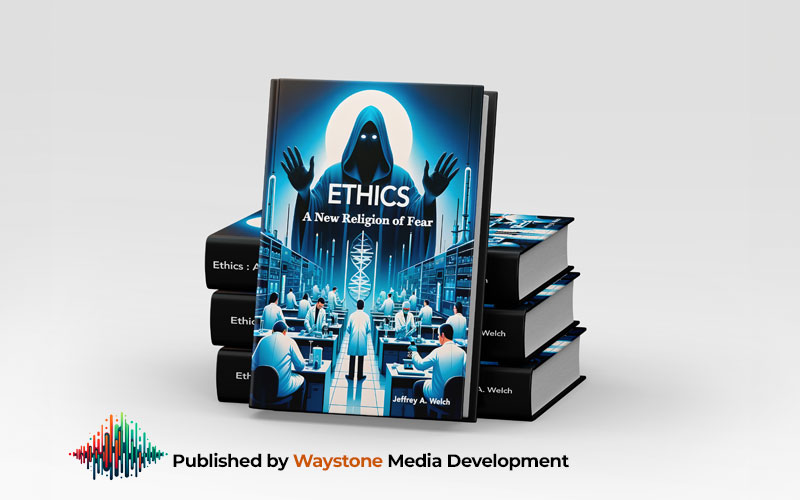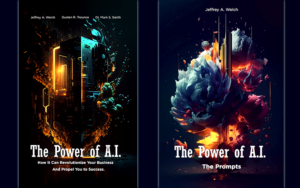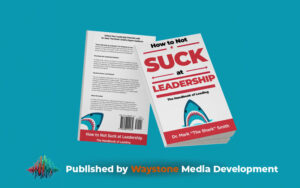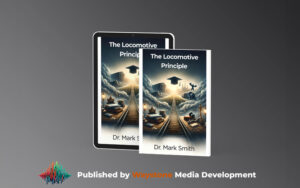In ‘Ethics: A New Religion of Fear,’ author Jeff Welch examines the ‘Ethical Future in Tech,’ unraveling the intricate relationship between fear and ethics in our modern world. Welch’s narrative delves into how emotions, particularly fear, significantly influence ethical decision-making in realms ranging from medicine to technology. By highlighting fear’s role, often masked as logic, in shaping our moral landscape, Welch challenges readers to reevaluate the emotional foundations of ethics. This book is not just an exploration but a call to transcend these fears for a clearer and more emotionally aware ethical discourse.
The Psychology of Fear and Ethics
In “Ethics: A New Religion of Fear,” Jeff Welch delves deep into the psychology of fear and its profound impact on ethical decision-making. The book illuminates how our primal fears, often subconscious, significantly influence our moral judgments and actions. Welch masterfully unravels the complexity of these emotions, challenging the reader to acknowledge and understand the psychological underpinnings that often go unnoticed. This section of the book is a thought-provoking examination of the interplay between fear and ethics, encouraging a more emotionally aware and honest approach to ethical dilemmas.
Ethical Future in Tech: Artificial Intelligence
In “Ethics: A New Religion of Fear,” Jeff Welch provides an in-depth analysis of artificial intelligence’s ethical complexities. He delves into the pervasive fears associated with AI, such as loss of human control, the unforeseen consequences, and the threat of obsolescence. Welch argues for a more balanced perspective on AI ethics, urging us to weigh its potential for societal benefit against the risks. He advocates for an approach that transcends fear-driven perspectives, emphasizing rational discourse and informed decision-making about AI’s evolving role. Welch’s insights encourage readers to embrace AI’s transformative potential while remaining mindful of ethical considerations.
Cybersecurity and Society
In a world increasingly reliant on digital technology, Welch addresses the Ethical Future in Tech in cybersecurity. He highlights how fear of data breaches, identity theft, and loss of privacy govern our responses to cybersecurity challenges. The book advocates for a balanced approach, acknowledging the genuine risks while also recognizing the need for progressive cybersecurity measures. Welch’s discourse invites readers to critically assess how fear influences our cybersecurity strategies and ethical decisions.
Human Enhancement and Morality
Welch’s exploration of human enhancement through biotechnology addresses the ethical controversies this frontier presents. He identifies prevalent fears, like the disruption of natural human evolution and the potential for creating new forms of societal inequality. Welch argues for a multifaceted understanding that recognizes both the risks and the revolutionary possibilities of human enhancement. He calls for an ethical framework that is emotionally intelligent and rationally grounded, challenging readers to engage thoughtfully with these profound moral questions. Welch’s perspective is not just about navigating ethical dilemmas but also about envisioning a future where human enhancement aligns with our deepest values and principles.
Ethical Leadership in Technology
In the context of “Ethics: A New Religion of Fear,” Welch emphasizes the pivotal role of leadership in steering the Ethical Future in Tech. He argues that ethical leadership transcends the mere management of fear; it involves inspiring trust and confidence in technological progress. Welch envisions leaders who are not only adept in technology but also grounded in strong ethical principles. He advocates for leadership that proactively addresses ethical dilemmas and harnesses technology for the greater good. According to Welch, such leaders are instrumental in shaping a future where technology serves humanity responsibly, aligning innovation with moral values and societal benefit. This vision calls for a new breed of leaders – those who are as committed to ethical considerations as they are to technological advancements.
A Visionary Path Forward
In conclusion, Welch proposes a forward-thinking approach to ethical decision-making in the face of technological advancements. He advocates for an ethical framework that transcends fear, focusing instead on empathy, reason, and innovation. Welch’s vision is for a future where ethical considerations are driven by a desire to advance human well-being and societal progress rather than being hindered by fear and resistance to change.
“Ethics: A New Religion of Fear” by Jeff Welch is a critical examination of how fear shapes our ethical landscape in the age of technology. It invites readers to embrace a future where ethical decision-making is informed by understanding, empathy, and rationality.





